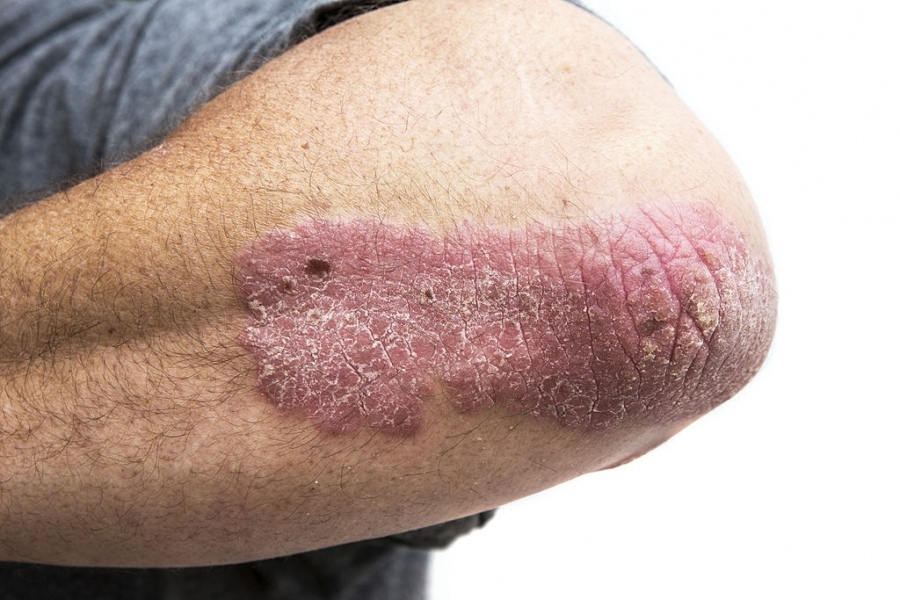Psoriasis is a lifelong disease, indicating you’ll always have the disease. Most people go through phases with no worsening symptoms or events, usually due to a specific cause. If your psoriasis has worsened, you may need to do something to manage your symptoms.
After months of trying new medication and the psoriasis is not improving, it’s time to make a change. Either you’ll need to see a new dermatologist or try to check for new ways on how you can treat your psoriasis. Here are the six things to remember here when the symptoms don’t get any better.
Switch new medications
Finding the best medication for psoriasis can be difficult. Some treatments have unexpected side effects while others will work well for a couple of months and then stop working unexpectedly.
Dermatologists typically start with the mildest medications, and then progress to stronger treatments if the psoriasis does not improve. You may need something stronger or even a mixture of different medications if a drug doesn’t work or appears to stop working after a while.
However, keep in mind that it is best to try a medication for a few months before assessing whether it is working or not.
See a new dermatologist
There are a lot of factors to consider when it comes to treating your psoriasis. You may be preoccupied with side effects or costs. Maybe you’d like to find a treatment option that requires less doses every week. All these questions you will be able to discuss with your dermatologist.
The key is to seek a dermatologist who could really work for you. You may want to consider visiting a new dermatologist if you find that your dermatologist doesn’t make the time to work with you to come up with a treatment plan that suits your needs.
Change your diet
Although not everyone recognizes dietary psoriasis triggers, what you eat could play a role in the severity of your symptoms.
Most of the people surveyed find their symptoms improved with the addition of the following to their diet:
- Vegetables
- fish oil or other sources of omega-3 fatty acids
- oral vitamin D supplements
- Probiotics
There is no definitive research to support dietary changes to treat psoriasis, but many people are swearing by those changes. It can’t hurt being healthy.
Cut out alcohol
Drinking alcohol can have a significant effect on your psoriasis, even in tiny quantities, in several different ways. Alcohol can not only cause a flare-up but can also:
- Interact with the drug used for psoriasis and reduce its efficacy
- Increase severe side effects of some pharmaceutical products
- Reduce the chance of having remission
- Impair your immune system so your risk of infection increases
- Make your body produce more inflammatory proteins called cytokines that can aggravate your symptoms
If you can’t control your psoriasis, consider cutting alcoholic beverages out of your diet altogether.
Get rid of stress
Stressful situations can easily cause a flare-up of the psoriasis. If tension is affecting your life at the moment, you should consider making changes to alleviate it.
This is particularly true if you find that you take on more responsibilities than you can handle. It may be time to cut back on some of the activities you just don’t have time for or say no to new activities that are adding too much to your plate.
Take a bath daily
Getting in a warm bath every day can make a huge difference on your skin. To help with itching and irritation, you can also try adding Dead Sea salts, mineral oil, colloidal oatmeal or olive oil. Use a moisturizer after you take your bath to get an added bonus.
The bottom line
There is currently no cure for psoriasis but there are many different treatment options and home remedies available that can help relieve symptoms. In your treatment plan the trick is to be proactive. If your psoriasis does not improve, or it gets worse, then it’s time to try something else. That could mean a new drug or a change in diet and lifestyle.





